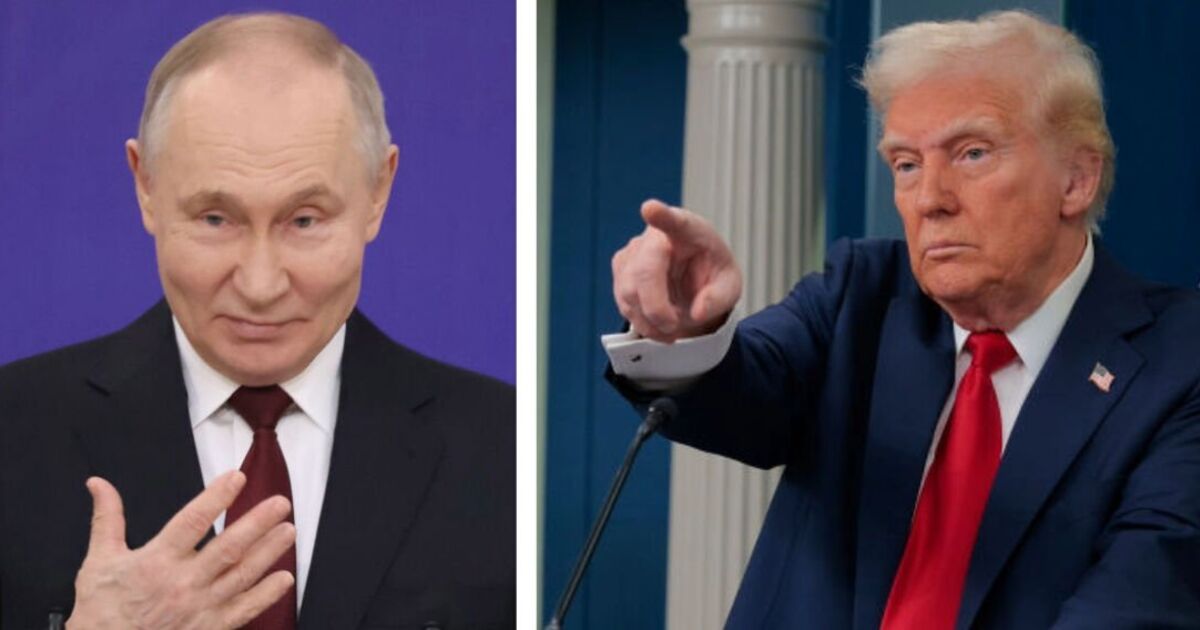The invasion of Ukraine by Russia in 2022 has fundamentally changed and intensified the relationship between Russia and Iran. The Iranians have taken advantage of Moscow’s growing material and financial requirements to sustain its war effort to support Tehran’s own domestic and foreign policy objectives.
The fundamental tenet of the relationship between the two countries is a mutual interest in countering and eventually overturning what they both regard as the US-led world order. This shared ideology has allowed the Russians and Iranians relationship to work through and cope with tensions and challenges that have arisen since 2022.
There is currently no indication that this will weaken any time soon. This alliance primarily relates to in the defence, economic, and political spheres. It is also not a perfectly equal and balanced relationship — Moscow and Tehran are seeking different outcomes from their collaboration. Nevertheless, it is increasingly clear that success for Russia is closely tied to the success of Iran.
Arms transfers between Iran and Russia significantly increased following Russia’s February 2022 invasion. The Washington DC-based Institute for the Study of War (ISW) has observed a significant increase in the number of bilateral meetings between senior Russian and Iranian defence officials following the invasion, as both sides negotiated the terms of their cooperation during the war.
It would appear that several arms deals likely resulted from these meetings. Iran first provided Russia with some 46 drones for Russia to use in Ukraine in August 2022 — the first such Iranian weapons transfer since the beginning of the war. Iran has since supplied Russia with additional drones, drone operator training, and other weapons such as short and close-range ballistic missiles, military hardware, and glide bombs.
It is also reported that Russia has since set up manufacturing facilities for the production of the Iranian-designed Shahed drones, presumably under some sort of licence agreement.
Russia in turn has provided Iran with a number of Yak-130 combat trainer aircraft and material support for Iran’s network of partners and proxies in exchange. Russia has also supplied Iran with captured Western military equipment, most likely for Iranian study and possible reverse-engineering.
It will be interesting to see what might emerge here in due course.
At the same time, it now appears that Iran is financially supporting the military reconstitution of Lebanese Hezbollah. Israel has submitted a complaint to the Israel-Lebanon ceasefire committee which claims that Iranian envoys have been delivering “tens of millions of dollars in cash” to Beirut to fund the revival of Hezbollah.
Western media has also reported that Iran may seek to establish a new “hub” in Beirut airport for military shipments to Hezbollah. The Wall Street Journal also reported that 28 branches of al Qard al Hassan — one of Hezbollah’s main banking and financial arms — have resumed operations.
The Israel Defence Forces (IDF) has frequently struck al Qard al Hassan branches in Lebanon to isolate Hezbollah’s financial networks.
Unspecified sources familiar with Israel’s complaints to the ceasefire committee stated that Israel has accused Turkish citizens of moving money for Hezbollah from Istanbul to Beirut by air.
On the other side of the coin as it were, the UK, Finland, and Czechia announced several immediate and longer-term military assistance packages for Ukraine at the end of last month. The UK has apparently pledged to provide Ukraine with a military assistance package valued at £2 billion primarily for the purchase of air defence systems and funding for the localization of defence production in Ukraine.
Finland has said it will provide Ukraine with a new tranche of military assistance valued at almost €200 million. The Czech Foreign Minister Jan Lipavsky also stated on January 31 that the Czech government is considering purchasing additional artillery ammunition for Ukraine.
What are we to read into all of this? Well, firstly that any pretence that the Russo-Ukraine conflict is not a proxy war between NATO and Putin is looking unsustainable. The war has drawn in an increasing number of states and interests across the world and it seems likely that more will become involved in one way or another.
Second, it’s clear that the malign influence of Iran in the Middle East is not going to go away, and as I have written many times before Tehran will have to be confronted directly at some point or other, and not just by Israel alone.
The final piece in the jigsaw, of course, will be how the US Trump administration will seek to deal with all of this amongst the multitude of other challenges it faces.
And that’s the unpredictable bit, the “known unknown” if you like. Early indications are that Trump is not going to faff around on the world stage and is likely to act decisively and quickly, if not always wisely.
We wait with bated breath, but I suspect we will see the USA take action before too long against two hostile states working together.
Lt Col Stuart Crawford is a political and defence commentator and former army officer. Sign up for his podcasts and newsletters at www.DefenceReview.uk

